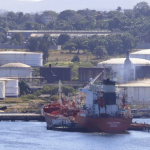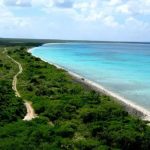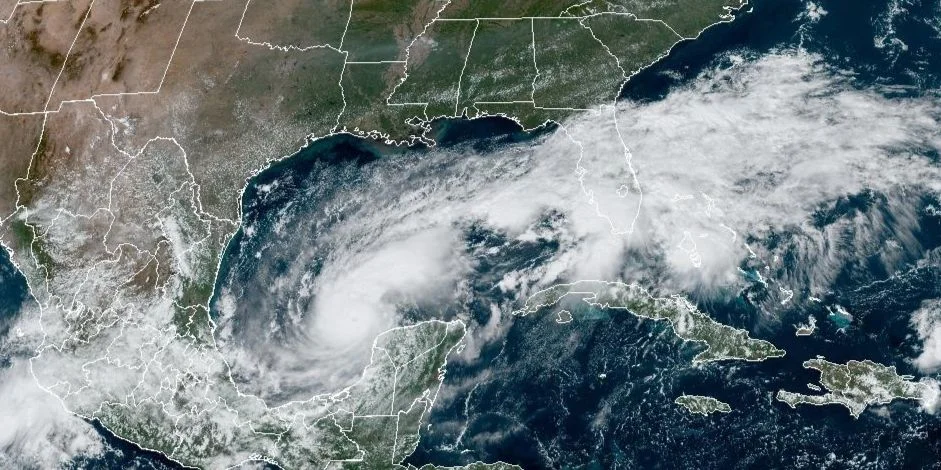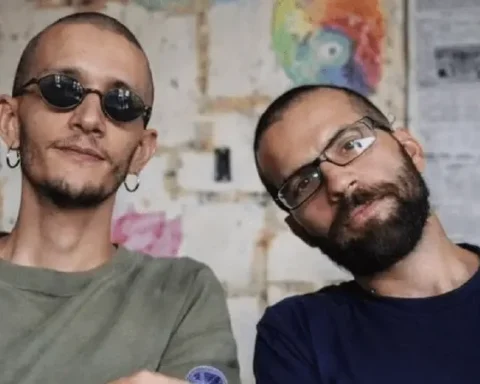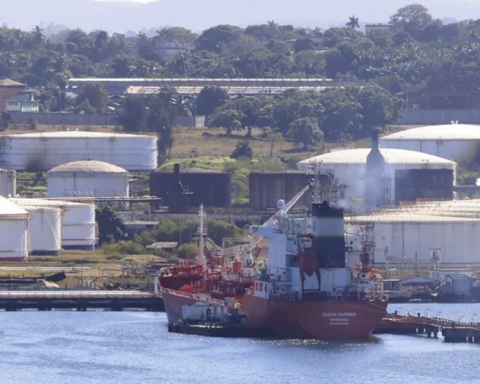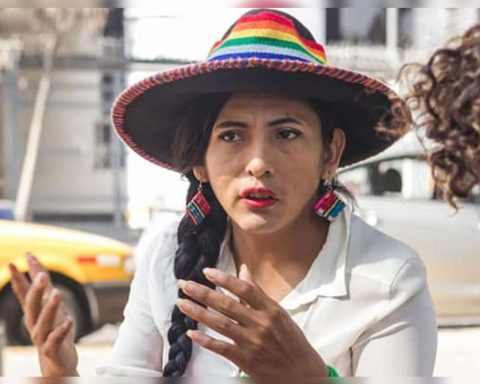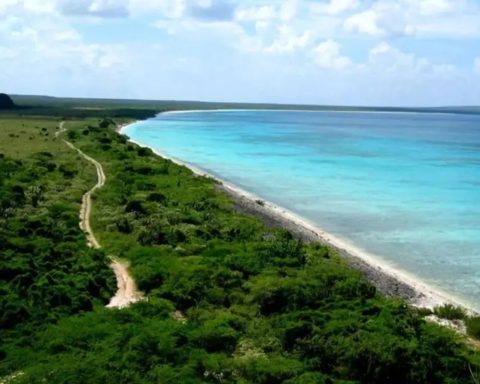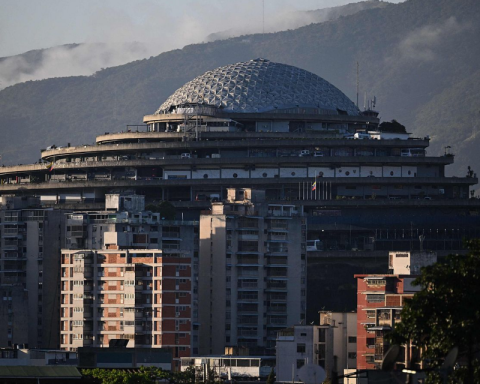AND
the self-proclaimed dictator from El Salvador, Nayib Bukele, preferred to go to Buenos Aires to visit his far-right ally Javier Milei, rather than attend the inauguration of Claudia Sheinbaum. It’s good that neither of them set foot on the San Lázaro grounds and that the 4T was spared from staining their celebration with these pompous and strident characters.
Bukele will be in the crosshairs of governments and human rights organizations this week. His government will begin this Tuesday, October 8, a trial, for which there is no evidence, of five water defenders, accused by the Attorney General of El Salvador of an alleged war crime committed more than 33 years ago, during the civil war. of El Salvador, which claimed 75 thousand lives.
Since January 2023, Miguel Ángel Gómez, Alejandro Laínez, Pedro Antonio Rivas, Saúl Agustín Rivas and Antonio Pacheco, members of the Development Association of El Salvador (ADES) of Santa Marta, were captured (now under house arrest). As part of the National Roundtable against Metallic Mining, they faced and defeated the Canadian mining company Pacific Rim (acquired by OceanaGold). It is not necessary to conjecture that they are persecuted for their role in making El Salvador the first country in the world to prohibit metal mining, and for raising the alarm about the current regime’s interests in reinstating it.
This case shows that the Bukele government does not only detain members of criminal gangs. A verification delegation that visited El Salvador last fall reported that thousands of innocent people have been detained and tortured, including their political opponents, environmental activists, and union leaders (See state of disappointment: https://tinyurl.com/25jxtf44). Instead, Bukele has blocked attempts to seek justice for hundreds of victims in the Mozote, Río Sumpul and Río Lempa massacres, perpetrated by a repressive regime backed by the United States.
In the background of this trial there is evidence that Bukele seeks to reverse the ban on metal mining reached by a unanimous vote in the Salvadoran legislature in 2017, which would risk the water supply and violate the popular will. According to a report, In 2021, Nayib Bukele’s government invited NGOs and universities to participate in the development of a new metal mining law. Meanwhile, a group of foreigners and a company, related to the transnational mining company Titan, which operated in Honduras, arrived in San Isidro, both to carry out supposed social works and to buy land with mining potential.
(https://tinyurl.com/mrbfh6vy). Bukele also allocated $4.5 million in 2022 to modify mining and energy laws, including a new law to create a Directorate of Hydrocarbons, Energy and Mines.
Organizations in solidarity with the people of El Salvador in Mexico (https://www.facebook.com/SolidaridadSVMX/), the United States, Canada, Panama and Germany launched an International Week of Action last week protesting in front of Salvadoran embassies and consulates, with slogans such as: water is worth more than gold!, no to mining, yes to life! (more information: https://www.stopesmining.org/). These actions are a continuation of more than 20 months of campaign, during which congressmen from the US and Spain, the UN special rapporteur on the situation of human rights defenders and hundreds of organizations have expressed solidarity with the five water defenders. and for the right of the Salvadoran people to continue the ban on mining.
Last January, 185 academics, lawyers and legal organizations from 26 countries sent an open letter to the attorney general of El Salvador requesting that the case be dropped and the human rights of the Salvadoran people respected (https://tinyurl.com/yu483as6). One of the signing academics is Aideé Tassarini, professor at the Autonomous University of Mexico City. She will participate this week in El Salvador with an international delegation to observe the trial. When I asked him what motivated him to join, he replied that “reading the book Defend the water, by John Cavanagh and Robin Broad (Grano de Sal publishing house), inspired me to do what interests me most in relation to the struggles, sometimes to the death, against the mining monopolies that devastate our territories in almost the entire planet, and what What I am most interested in is making known to wider audiences about the looting and devastation suffered by people and nature.”
Likewise, representatives from embassies of Canada, Germany, France, the United Kingdom and Spain and several human rights institutions will send representatives to the trial. Unfortunately, to date, this commitment has not been achieved from the governments of the United States or Mexico.
For Mexico this case is important because of its history. In addition to the lack of evidence, the five water defenders are covered by the 1992 Peace Accords, the product of dialogue between the FMLN and the Salvadoran government, sponsored by the UN and countries like Mexico, and signed in Chapultepec Castle. That same year, the Legislative Assembly of El Salvador approved the National Reconciliation Law, which granted an amnesty to members of the FMLN to allow them to lay down their arms and participate in the country’s political life.
Bukele has called the Peace Accords a farce
(read BBC interview with Nidia Díaz, signatory of the agreements on behalf of the FMLN: https://tinyurl.com/3adz5bjj). For this reason, in this case the Bukele government and its system of delivery of justice will be judged internationally. The fight in El Salvador against mining is an important example for the intention of the new secretary of Semarnat, Dr. Alicia Bárcena, of banish the extractivist neoliberal paradigm, which generates inequalities
.
* Institute for Policy Studies (www.ips-dc.org)






